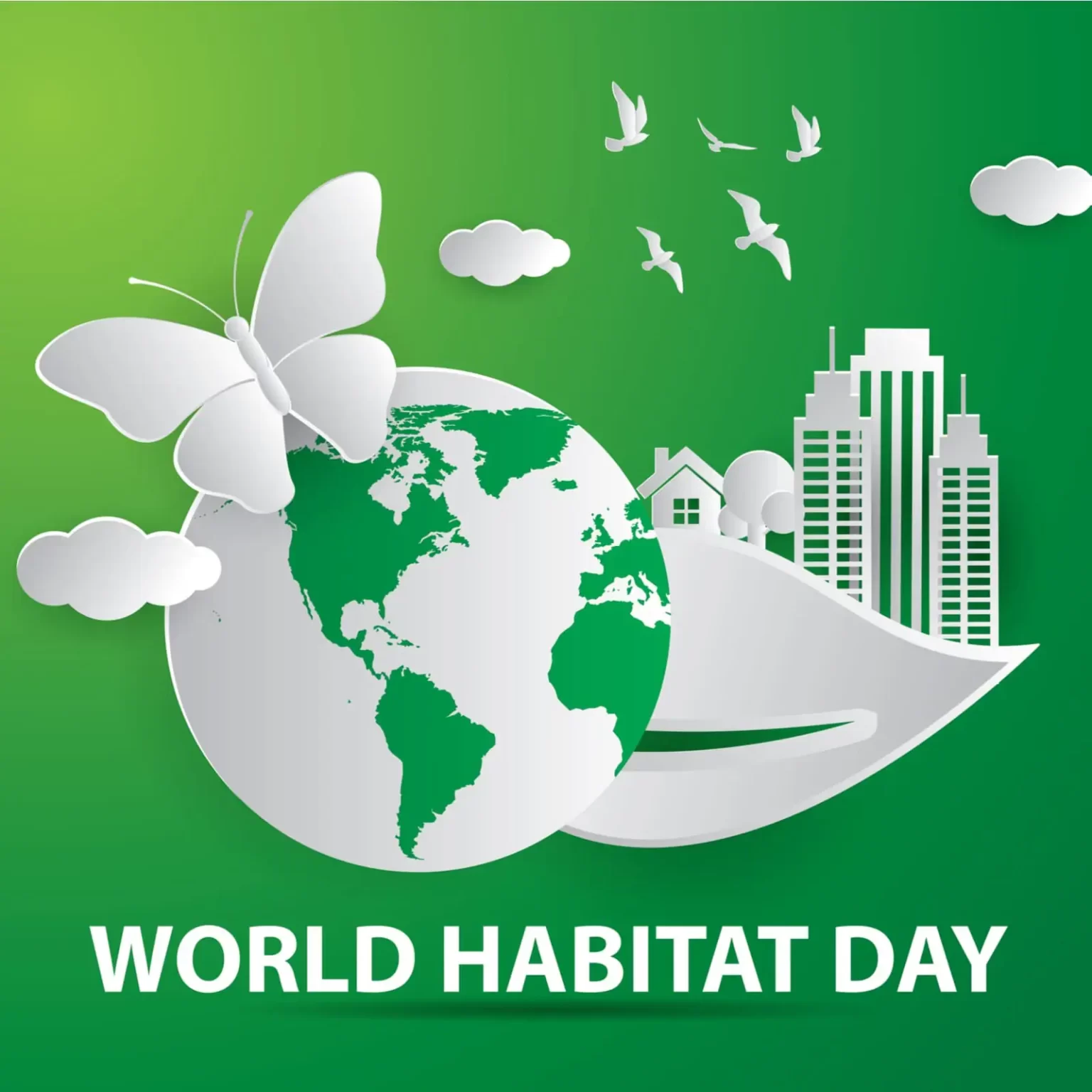All over the world, the global community stands still once again to take stock of the state of living environments as it marks “World Habitat Day (WED)2023”, amidst growing concern over the plight of some 200 million people in sub-Saharan Africa living in slums.
WED – held on the first Monday of October every year – explores collective and individual power and responsibility in shaping the future of cities and towns, as well as reflects on the state of habitats and on the basic right to adequate housing for all.
Today, more than half of the global population lives in cities. By 2050, this number is projected to rise to 70 percent, according to UN data.
Closer home in Abuja and Lagos, experts are meeting to examine the theme, ‘Resilient Urban Economies’ and the potential of cities as drivers of inclusive, green, and sustainable growth and forge alliances on ways to curtail myriads of challenges bedeviling cities.
The year has been particularly challenging for urban economies. Global growth is forecasted to decline to about 2.5 percent – the lowest since 2001 aside from the COVID-19 crisis in 2020 and the financial crisis of 2009.
READ ALSO: World Habitat Day: AHCN Rates Last Eight Years of Housing As Abysmal
Given the major contribution of cities to national economies, the future of many countries will be determined by the economic strength of their urban areas. To sustain growth and recovery, the world will need cities that can absorb, recover, and prepare for future economic shocks.
This year’s WED will focus on the role that cities play in the recovery after crises – be it COVID-19, economic downturns, conflicts, or climate emergencies.
Representatives of national governments and local and regional authorities, as well as various stakeholders and civil society groups, will convene and explore how cities can better position their economies to benefit their residents and create resilience.

Speaking on the theme, the United Nations Secretary-General, António Guterres, urged countries to build inclusive, safe, resilient, and sustainable human settlements for all people, everywhere.
To fulfill this promise, he said cities must confront a range of challenges – from economic shocks and escalating climate emergencies to widening inequalities.
He said: “We are mobilizing the entire UN system to tackle these crises from the ground up and advance sustainable urbanization. Local zero-waste initiatives are supporting the creation of circular economies. Public efforts to expand green spaces help cool urban landscapes during heatwaves. And community actions to reduce food waste and promote local production are key steps in transforming our food systems.”
READ ALSO: World Habitat Day 2023- Housing Association rated
Guterres called on countries to build greater resilience and better protect vulnerable populations requires far greater investments in sustainable infrastructure, early warning systems, and affordable, adequate housing for all.
“We must work to improve access to electricity, water, sanitation, transport, and other basic services – while investing in education, skills development, digital innovation and entrepreneurship,” he added.
Source: Guardian




